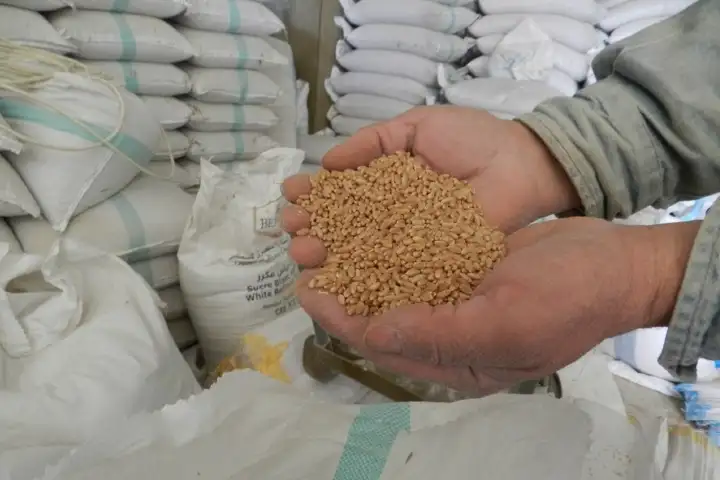India has decided to ban exports of wheat with immediate effect on Saturday after retail inflation soared to 7.79 per cent – an eight year high. That apart concerns have risen over output as several parts of the country are in the grip of a heatwave.
However, the government said it will honour the letters of credit that have been already issued and requests from countries trying "to meet their food security needs".
The ban of Indian wheat could push prices of the grain further.
India exported a record 7.85 million tonnes of wheat in 2021-22. The government earlier said that the exporters were ready to increase their supplies amid rising concerns over food security as the Russia-Ukraine crisis deepens. In April, India exported 1.4 million tonnes of the grain and contracts for outbound shipment of another 1.5 million tonnes for May have already been signed.
Also read: India's exports sector registers robust growth despite geopolitical uncertainties
“Production will drop due to this heat wave and this is becoming a cause for concern,” Anil Ghanwat, senior leader of Shetkari Sangathana, a Maharashtra based farmers union earlier told India Narrative.
The Russia-Ukraine war has choked vital supply chains globally.
Almost 70 per cent of wheat is used as food, while the rest is used as feed for livestock and industrial processing.
The World Economic Forum said that between 720 million and 811 million people in the world faced hunger in 2020. The Covid 19 pandemic, climate change and conflict are among the main drivers of global food insecurity.




















